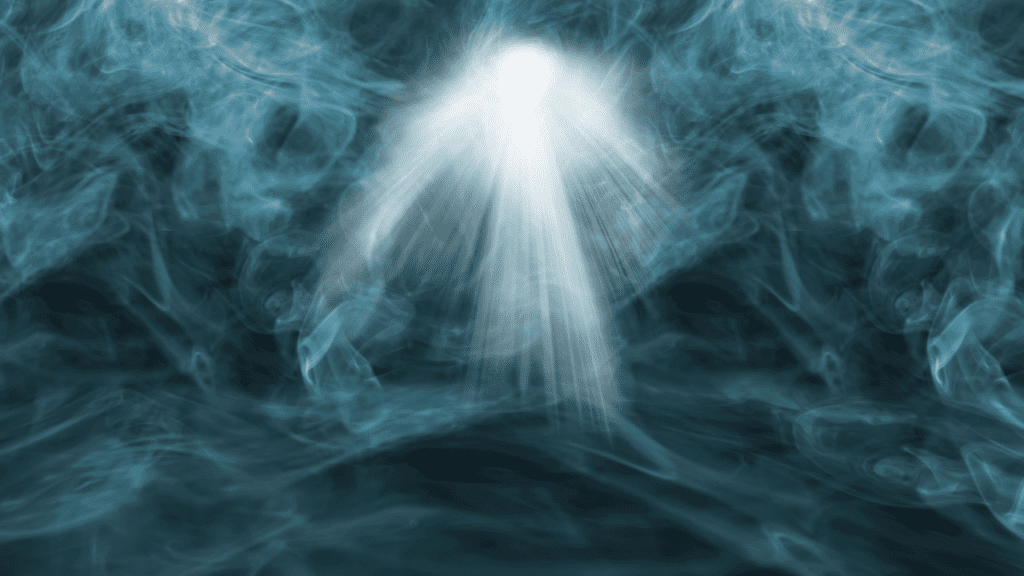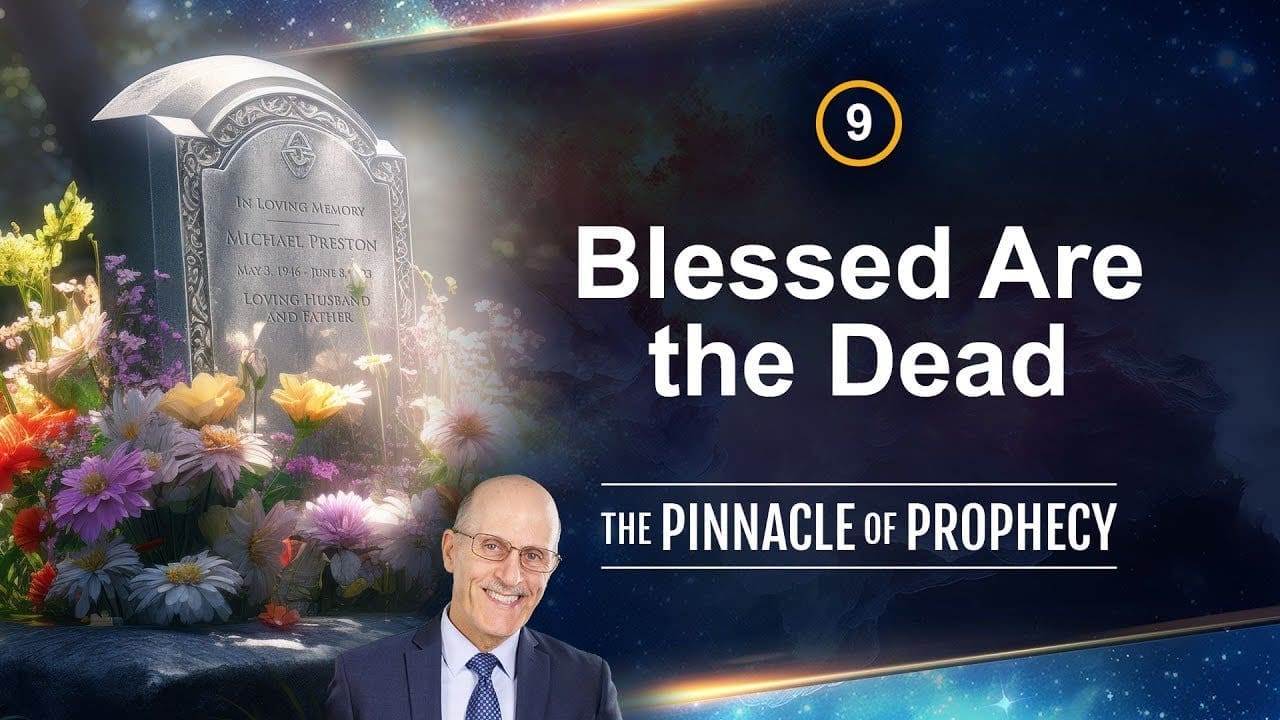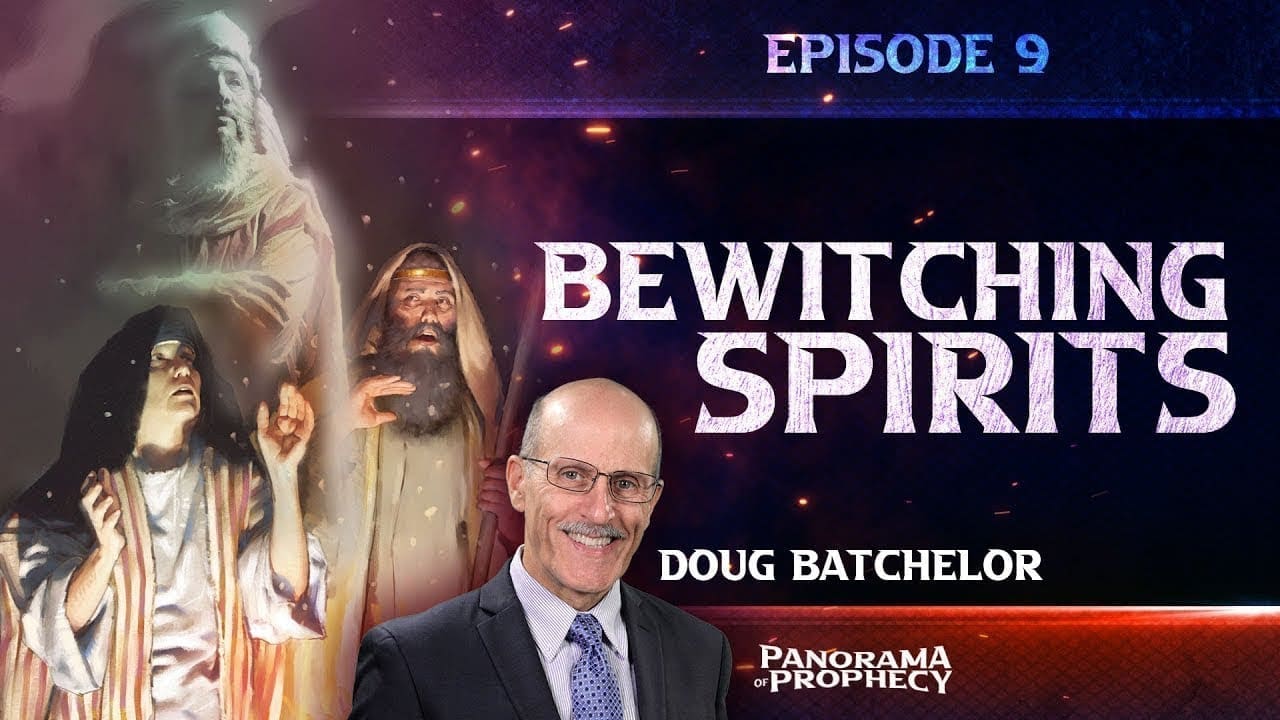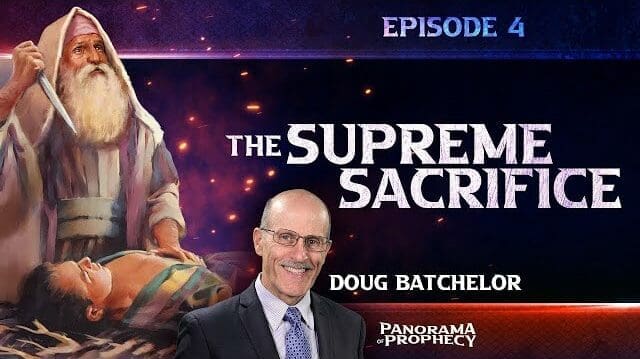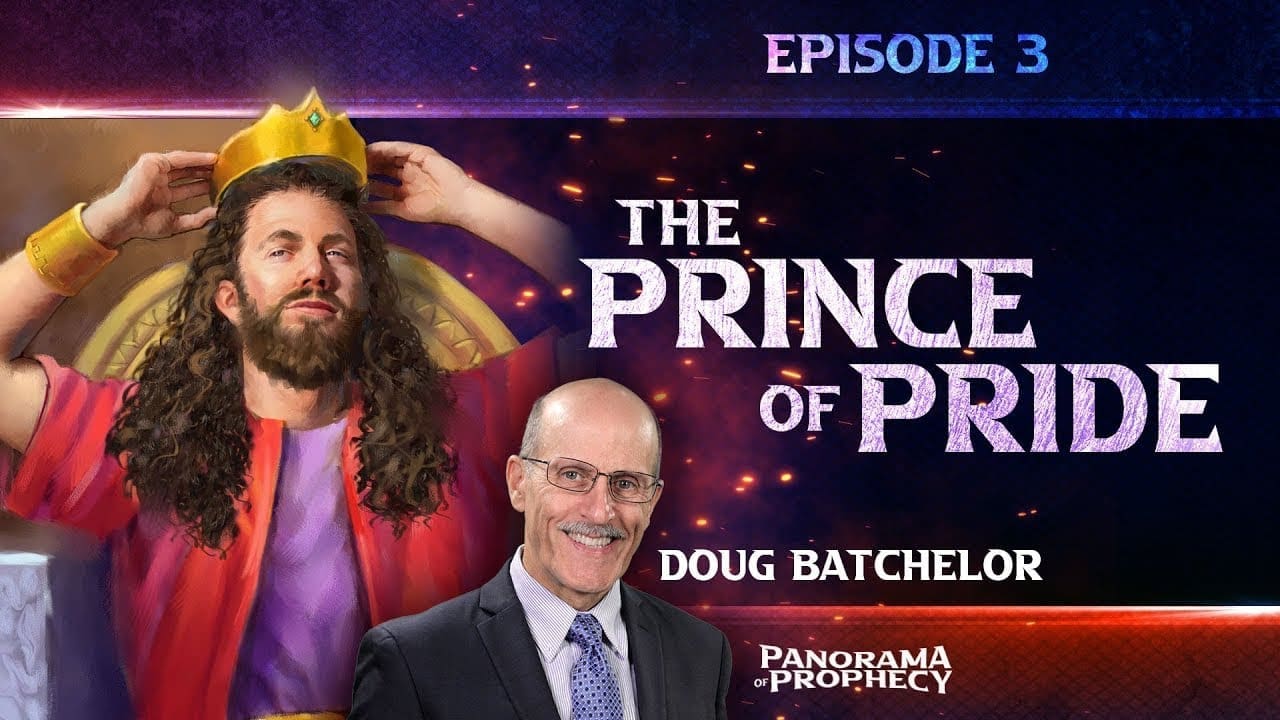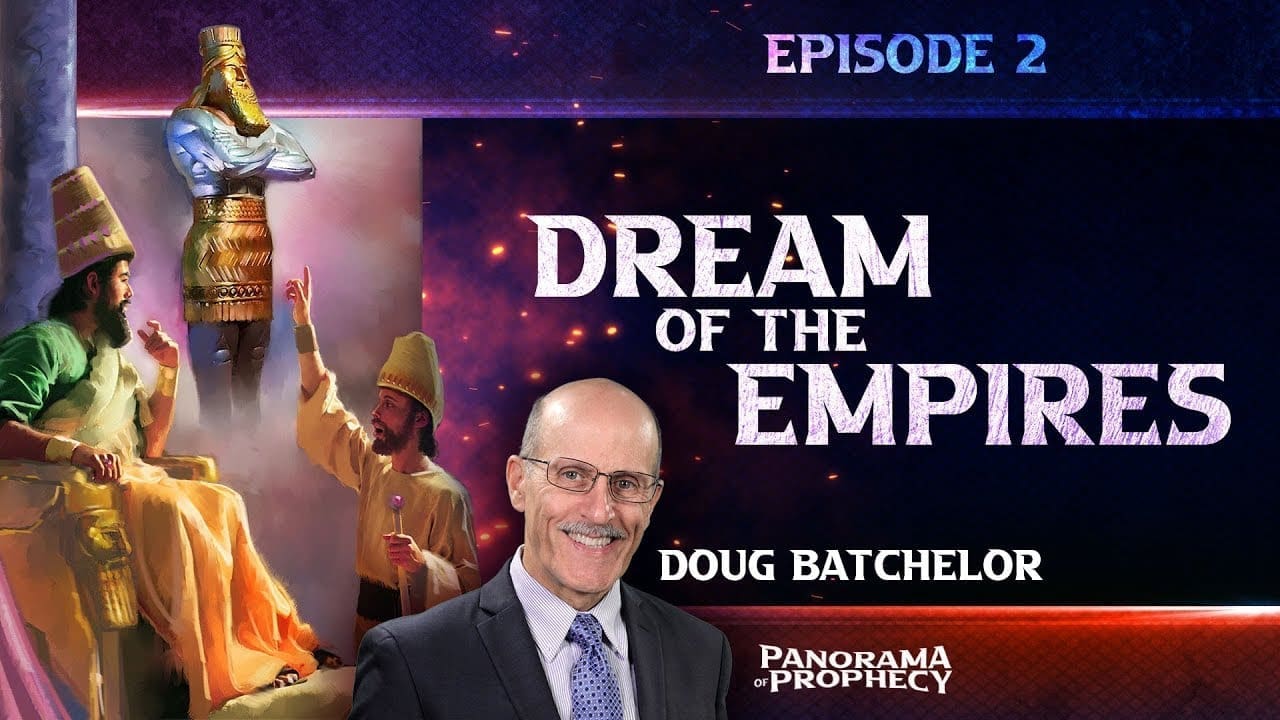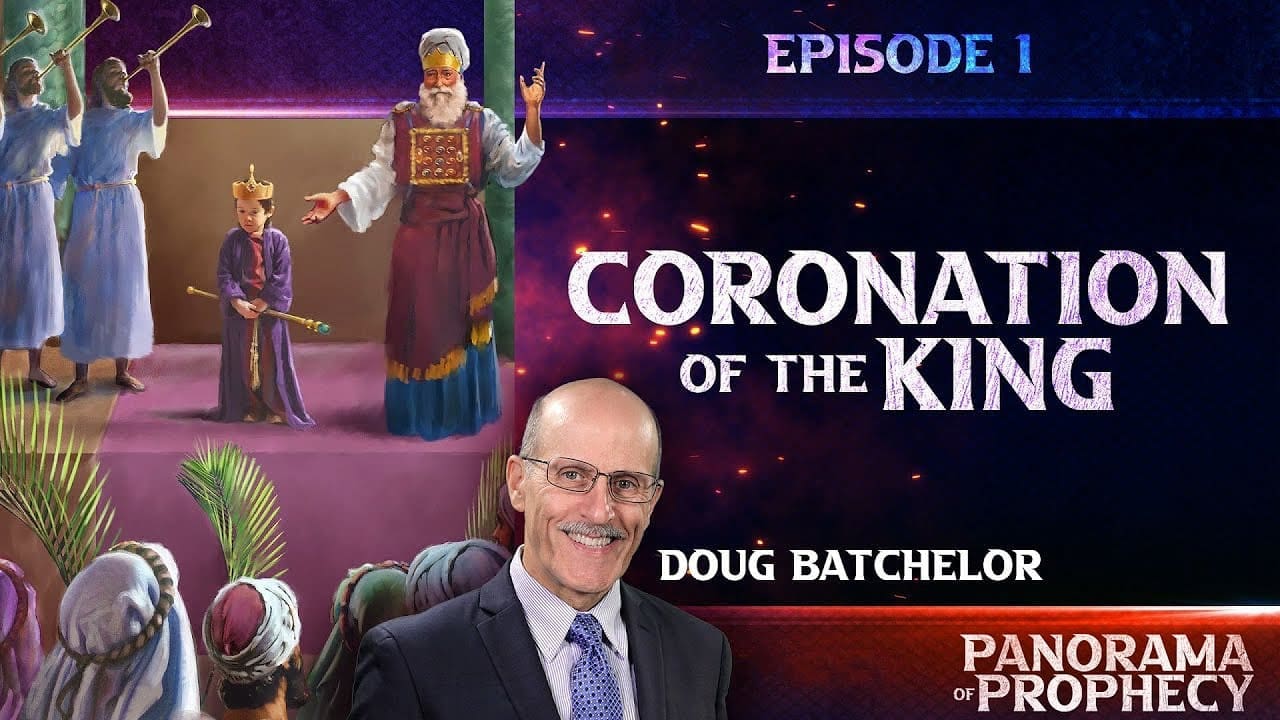The text in question, Hebrews 12:9, speaks about the “Father of spirits” and raises questions about its meaning. It is crucial for Bible students to approach their study with care and avoid reading their own preconceived ideas into the text. Adding meanings to verses that are not explicitly inferred can lead to incorrect ideas that are not supported by the Bible or may even contradict other parts of it.
Some churches use this verse as evidence for the belief in continued existence as spirits after death. They interpret the phrase “Father of spirits” to mean that we are the spirits referred to since God is our Father. Others build theologies around the concept of pre-existence, suggesting that we existed as spirits before our human births. In this view, the human body is temporary and does not exist before or after death, but we are alive even without a physical body.
However, since Hebrews is the only book in the Bible that uses the phrase “Father of spirits,” and the additional context in the chapter does not shed light on its specific meaning, we must turn to other scriptures for a better understanding of the nature of “spirits.”
In the book of Revelation, the author John uses the phrase “in the spirit” multiple times to describe his state while in vision (Revelation 1:10, 4:2, 17:3, 21:10). In these instances, the Spirit of God transported John to different locations to receive prophetic visions, even though he remained physically on the island of Patmos. Here, the term “spirit” describes the spiritual state of a prophet during a vision.
Another mention of “spirits” is found in Revelation 1:4, where John greets the seven churches, mentioning the “seven Spirits” before God’s throne. While it is unclear who these spirits specifically are, they appear to be non-physical beings who minister before God’s throne in heaven, alongside other heavenly beings like elders, angels, and creatures. However, they do not represent deceased human beings, as Revelation 20:4, 5 explicitly states that the dead do not return to life until after the second coming of Jesus Christ, that includes both the righteous and the wicked.
Additionally, Revelation mentions “unclean spirits” identified as demons (Revelation 16:13, 14). These passages clearly demonstrate that the term “spirit” can refer to creatures and states of being, including demons who are not deceased human beings.
These examples indicate that the term “spirit” in the Bible encompasses a wide range of beings and states. While God is the Father over all, it does not necessarily imply that Hebrews 12:9 refers specifically to people in a spiritual form before human birth or after death. To make such a claim would require ignoring other biblical evidence. Therefore, we should approach the interpretation of this verse with caution and consider the broader biblical context.

